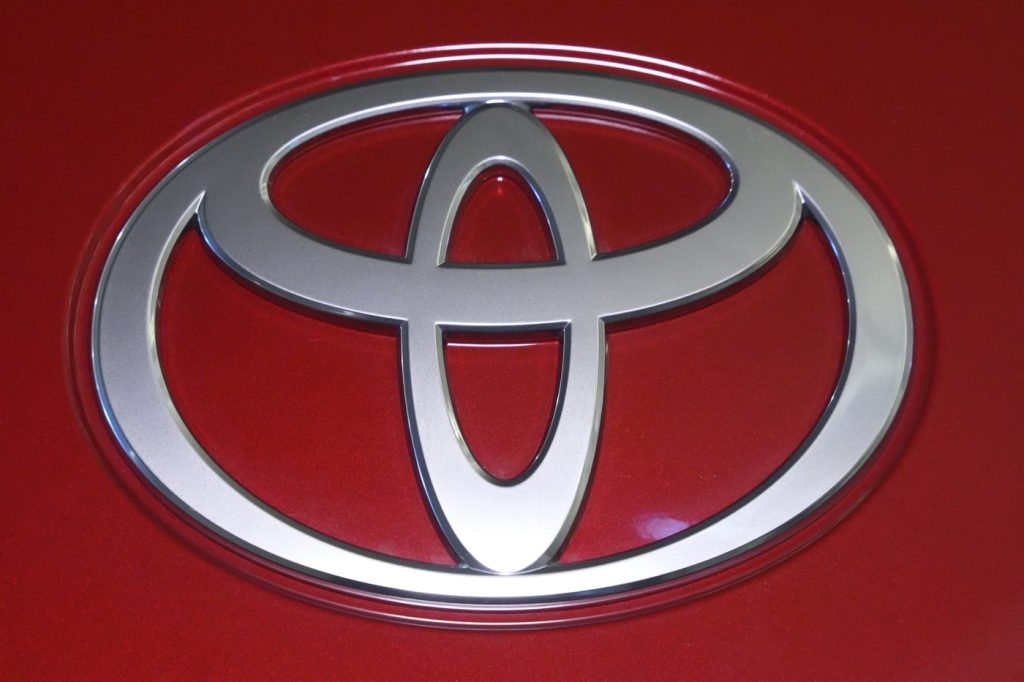TOKYO (AP) - Toyota has announced plans to restructure its board in an effort to incorporate more diverse perspectives and enhance the roles of auditors. This decision, made on Tuesday, aims to address recent scrutiny over internal controls following the company's admission of cheating on certification tests for several vehicle models last year.
Among the six new appointments to the 10-member board is Christopher Reynolds, who currently serves as an executive in Toyota's North American operations. His background as a lawyer and the son of a Ford worker adds valuable experience in human resources and risk management that the automaker is looking to harness.
One of the notable changes includes an increase in the number of women on the board, rising from one to two with the introductions of Kumi Fujisawa and Hiromi Osada. Fujisawa is an independent entrepreneur, while Osada has previously served as a Toyota auditor. Additionally, George Olcott, who also held the position of auditor, will join the board, increasing the total number of outside directors from four to five.
Takanori Azuma, a representative from Toyota's Human Resources, mentioned that this is the first time auditors have been included in the board composition. The company is facing significant challenges in a rapidly changing automotive environment, competing with emerging players like Tesla and BYD. Azuma emphasized the importance of diverse views in leadership, stating that relying solely on internal perspectives may not resonate with customers globally.
The restructuring comes as Toyota aims to transition into what it refers to as "a mobility company," acknowledging the drastic shifts in the automotive industry. The chairman, Akio Toyoda, who is part of the founding family, and Chief Executive Koji Sato, will maintain their current positions amid the board changes.
The company will seek shareholder approval for the new board structure in an upcoming general shareholders meeting later this year. The move reflects Toyota's commitment to adapting to the evolving market and addressing past issues related to its internal control processes.
This restructuring not only aims to enhance governance but also to improve the company's responsiveness to global customer needs, which is essential for survival in today's competitive automotive landscape.










